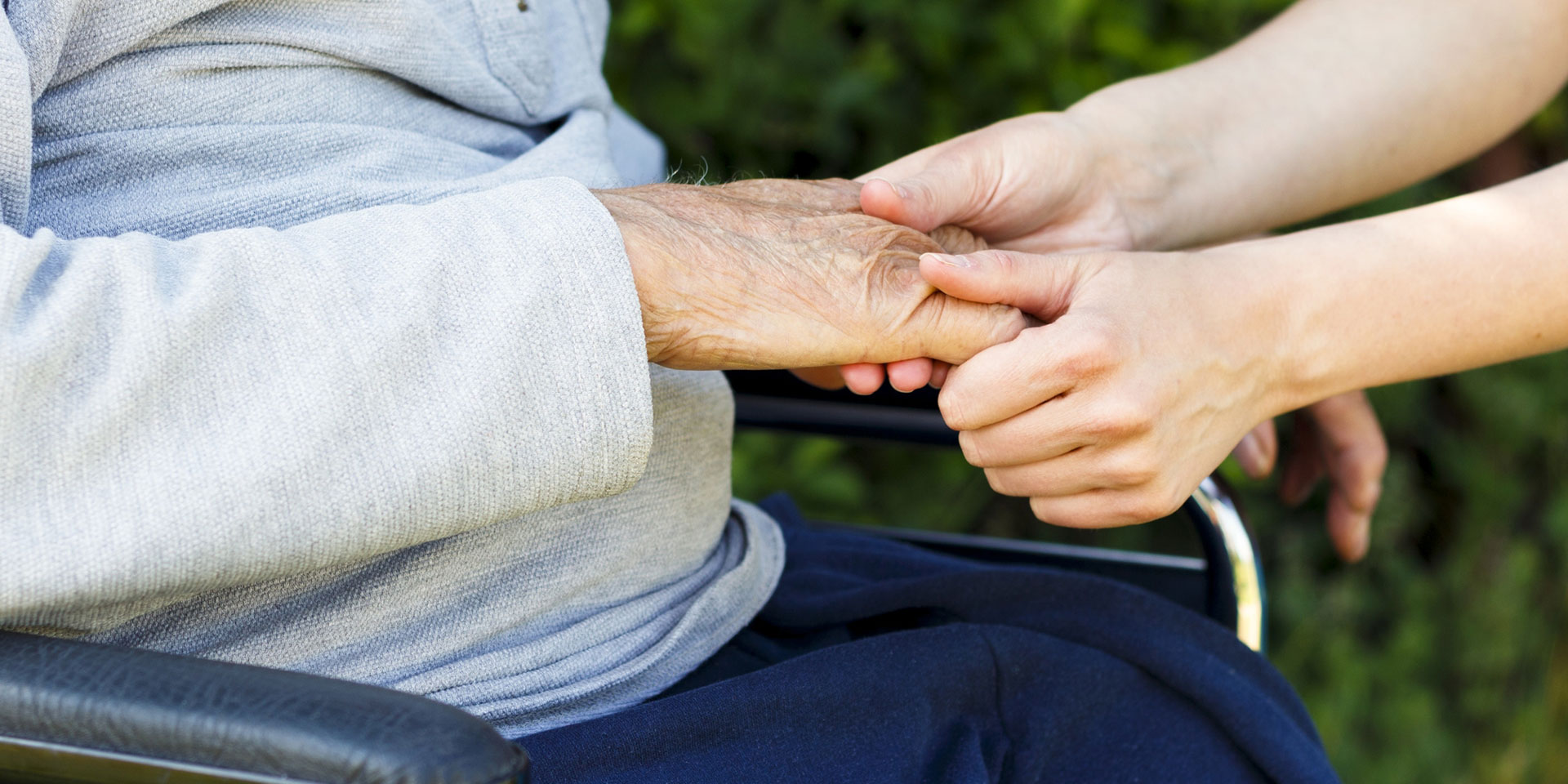According to experts and organisations that support this category of patients, people suffering from dementia and their caregivers need all the congregational support they can get.
According to the World Health Organization, approximately 50 million people worldwide suffer from dementia, with 10 million new cases diagnosed each year. Between five and eight out of every 100 people over the age of 60 develop dementia, and WHO estimates suggest that the number of people suffering from this disease will reach 82 million by 2030 and 152 million by 2050.
Dementia is an umbrella term that encompasses a range of symptoms, including severe memory loss, diminished reasoning and communication abilities, emotional and behavioural deterioration, and loss of motivation.
The most common disease that causes dementia is Alzheimer’s disease, responsible for 60–70% of cases. Other diseases that can cause the syndrome include stroke, Huntington’s disease, Parkinson’s disease, and Creutzfeldt-Jakob disease. The boundaries between different forms of dementia are blurred, and they can often coexist.
Dementia is an overwhelming condition for both patients and caregivers, who are affected physically, psychologically, socially, and economically by the dramatic transformation undergone by their loved ones.
Caregivers who belong to a church may feel the need to be supported by other members of the congregation, even though these people may not know how to help unless they have experienced a similar situation themselves.
In an article, journalist Adelle Banks presents brief lists of what experts recommend doing and avoiding when interacting with a person with dementia or their family.
Examples of harmful actions include excluding the patient from church activities, conducting traditional religious services that are not adapted to the conditions of the care facility, asking questions that pressure the patient to remember forgotten information, treating them like a child, and insisting on correcting their mistakes and inconsistencies.
Beneficial initiatives include visiting patients regularly, spending time with them to give caregivers a break, singing familiar songs and hymns, treating patients with respect, and validating the feelings of patients and caregivers.
Talking about his mother, who suffers from dementia, paediatrician David Smith emphasises that dementia is a frightening disease precisely because it robs its victims of their reason and memories; in other words, it takes away exactly what defines them. He talks about the mixture of pain, helplessness, and embarrassment felt by someone with a close relative who has dementia.
According to the paediatrician, the most helpful things a Christian can do in such situations do not require specialised knowledge or techniques, but rather small gestures with significant impact: “We hold hands, sing songs, listen and care as best we can.”
Church and association leaders who care for people with dementia believe that caregivers feel freer to express their feelings and talk about their difficult experiences in a congregational setting.
“We know that one of the first places many families and individuals may turn is to their faith community, so it is important that faith leaders know about our services and resources,” says Ruth Drew, director of information and support services at an association that supports caregivers of people with Alzheimer’s disease.
Professor Benjamin Mast of the University of Louisville has examined the expectations that caregivers have of their fellow church members. “The number one response that I got over and over again was presence,” emphasises Mast, who is also the author of Second Forgetting: Remembering the Power of the Gospel during Alzheimer’s Disease.
Caregivers of people with dementia do not want to be forgotten or ignored; they want pastors and congregation members to call them just to listen to them and ask how they are doing.
“What they were telling me was they didn’t really need some elaborate intervention or something complicated, but they wanted to feel as if they had somebody to go with them on this journey,” emphasises Mast.














